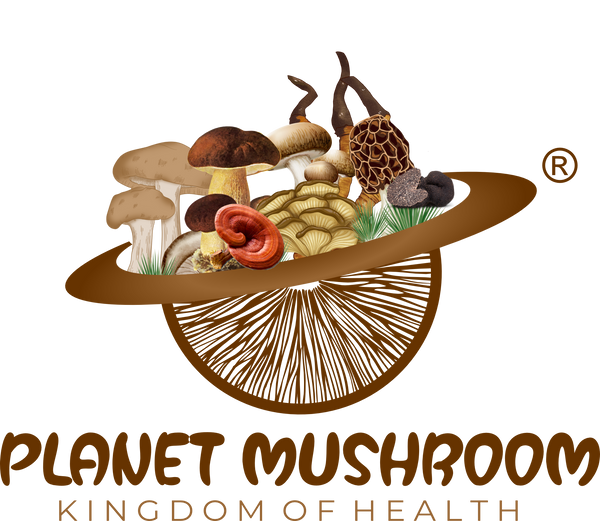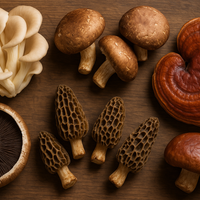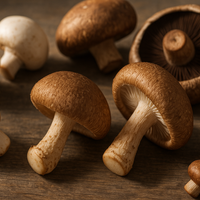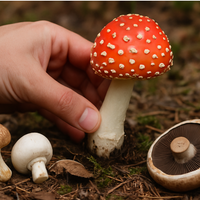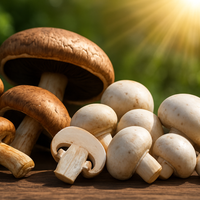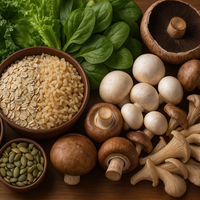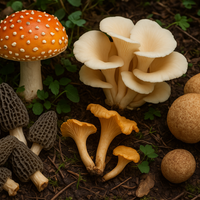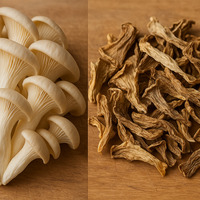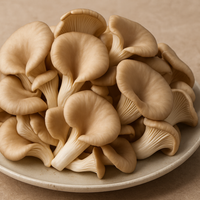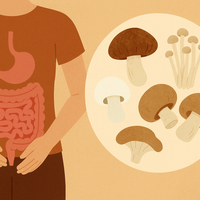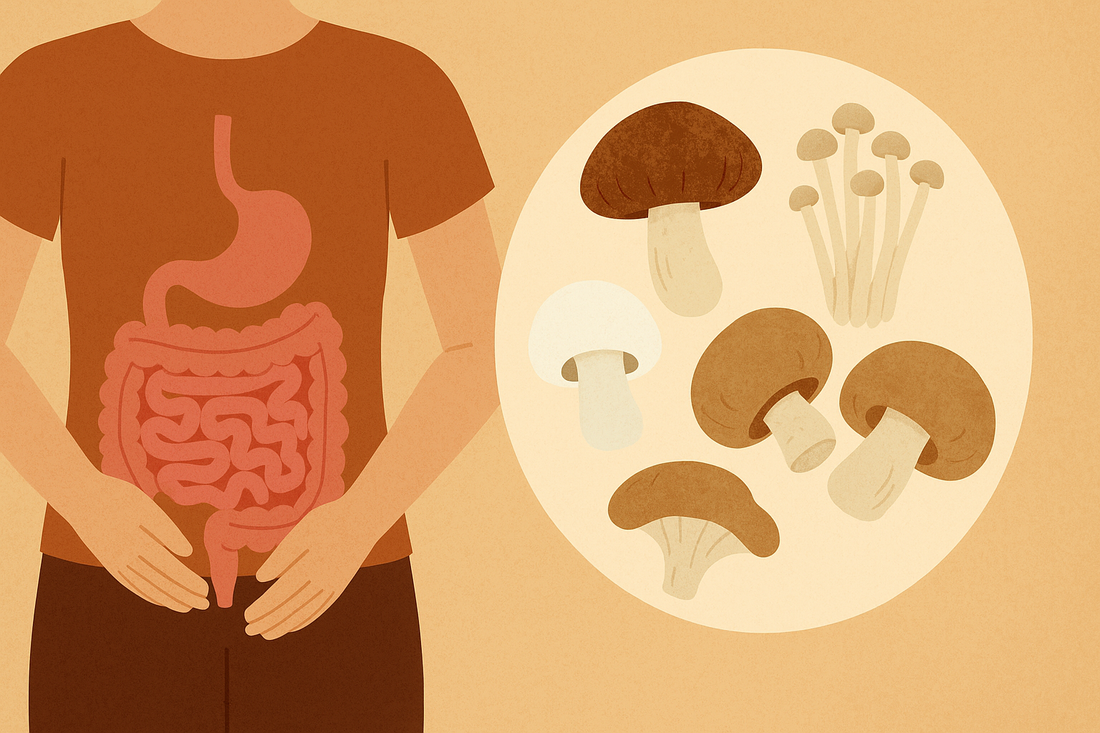
How to Improve Gut Health Through Mushrooms?
Planet MushroomYour gut health shapes your energy, immunity, and even mood. Scientists call it the “second brain” because of how deeply it affects overall wellness. But in today’s fast-paced life, poor diet, stress, and processed food often weaken the gut microbiome.
Here’s the good news: mushrooms—nutrient-dense and medicinal—offer powerful ways to restore balance. From supporting healthy bacteria to reducing inflammation, mushrooms can be a natural, daily ally for your digestive system.
Let’s explore how mushrooms improve gut health, the best varieties to try, and how to add them to your routine.
Why a Healthy Gut is Essential
- The gut houses about 70% of the body’s immune strength.
- A balanced microbiome helps digest food efficiently.
- Poor gut health links to bloating, fatigue, skin issues, and mood swings.
Your gut thrives on fiber, prebiotics, and anti-inflammatory compounds—mushrooms deliver all three.
How Mushrooms Boost Gut Health
1. Full of Digestive-Supporting Prebiotic Fiber
Mushrooms contain beta-glucans and chitin, special fibers that act as food for good gut bacteria.
- Prebiotics feed healthy microbes like Bifidobacteria and Lactobacillus.
- Enhance the body’s ability to absorb nutrients.
- They create short-chain fatty acids (SCFAs) like butyrate, which reduce inflammation.
2. Possess Anti-Inflammatory Effects
Chronic gut inflammation can cause issues like IBS. Mushrooms contain ergothioneine, a rare antioxidant that helps reduce oxidative stress.
- Lowers gut lining damage.
- Supports healing of intestinal cells.
3. Natural Immune Modulators
Functional mushrooms (like reishi and shiitake) train the immune system to respond better. This prevents overreactions in the gut that lead to discomfort.
4. Aid in Digestive Enzyme Function
Certain mushroom extracts enhance enzyme activity, helping break down carbs and proteins more efficiently—reducing bloating.
Top Mushrooms for a Healthy Gut
1. Shiitake
- High in beta-glucans for microbiome diversity.
- Contains lentinan, which supports immune and gut lining health.
2. Reishi
-
Known as the “mushroom of immortality.”
- Reduces stress and inflammation in the digestive tract.
3. Lion’s Mane
- Stimulates nerve growth factor (NGF).
- May help repair gut-brain communication pathways.
4. Turkey Tail
- Contains polysaccharopeptides (PSP, PSK) proven in studies to improve microbial balance.
-
Widely used in gut-related cancer recovery therapies.
-
Affordable and widely available.
- Provide antioxidants plus gut-friendly fiber.
Practical Ways to Add Mushrooms to Your Diet
Fresh & Cooked
-
Stir-fry oyster or button mushrooms with vegetables.
- Add shiitake to soups or broths.
- Mix reishi powder into tea or coffee.
Supplements & Extracts
-
Capsules with lion’s mane for daily gut-brain support.
- Turkey tail powder in smoothies.
Fermented Mushroom Products
Some brands now sell fermented mushroom drinks, which add probiotics on top of prebiotics—double gut support.
A 2021 study published in Frontiers in Immunology showed that turkey tail mushroom extract increased levels of beneficial gut bacteria within 4 weeks. Another trial in Japan found that oyster mushroom supplementation improved digestion and reduced cholesterol in participants with gut imbalance.
Ways to Boost the Benefits of Mushrooms
-
Choose organic mushrooms to avoid pesticide residue.
- Cook lightly—sauté or steam to preserve nutrients.
- Combine with high-fiber foods like oats or leafy greens.
- Start small with supplements to test tolerance.
- Stay consistent—gut health improves over weeks, not days.
FAQs
1. Can mushrooms really replace probiotics?
Not exactly. Mushrooms are prebiotics, meaning they feed good bacteria. They work best alongside probiotics, not as a replacement.
2. Are all mushrooms good for gut health?
Most edible mushrooms provide fiber and antioxidants, but functional varieties like turkey tail, lion’s mane, and reishi have stronger gut-specific effects.
3. How often should I eat mushrooms for gut benefits?
Aim for 3–4 servings a week of fresh mushrooms or daily supplements if recommended.
4. Can children eat medicinal mushrooms?
Safe in limited quantities; for children, always check with a pediatrician first
5. Do cooking methods affect mushroom benefits?
Yes. Over-frying may reduce antioxidants. Steaming or quick sautéing keeps the most nutrients intact.
Conclusion
Your gut is the foundation of overall health. Mushrooms—affordable, versatile, and packed with bioactive compounds—can naturally restore balance.
Whether you choose fresh oyster mushrooms in a stir-fry or turkey tail capsules for added microbiome support, consistency matters most.
Ready to start your gut health journey?
Explore high-quality mushroom powders, or fresh mushrooms today—and give your “second brain” the nutrition it deserves.
